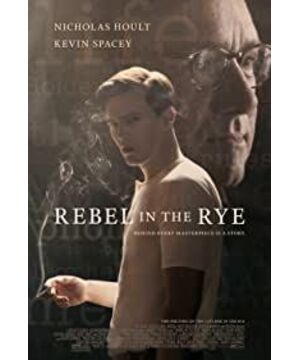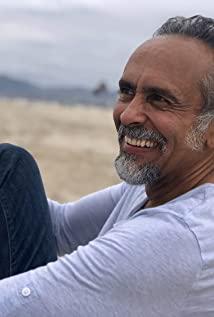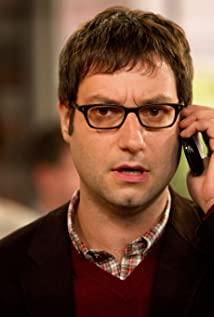So in our "absolutely" limited time, you may have glanced at "The Rye Catcher"; similarly, you have never read it at least once. Hope that the novel can be adapted into a movie; then you can spend only two hours, and then continue to use the other time to do boring things or take pictures.
When teenagers all over the world think of themselves as Holden, they all think of themselves as catchers in the wheat field; the instigator behind the scenes is beginning to be unable to bear it, why should they dissect their own heart on paper? And the only thing he can do is to try his best to prevent Holden from becoming another well-known form (film) outside of the novel. So the topic we talk about most often is: "Isn't "The Rye Catcher" film adapted?" (Obviously Jerry's contemptuous attitude towards Hollywood; how much influence does it come from Una?)
Although Jerry can stop it "The Rye Catcher" becomes a movie; Holden becomes another person. But he has never been able to prohibit himself from being the object of image shaping, worship and reflection. Whether it is called "Sailinger", "Walking Through the Rye", or "Rebel in the Rye" that inspired me to write this article; it is intended to turn an impenetrable private life into a consumer object for mass entertainment. (It seems to explain why Salinger did not have any works for more than 30 years after "The Rye Catcher".)
I admit Nicholas. Holt is not the Salinger I imagined; just like Thomson is not the Fitzgerald I imagined. (I look forward to a brand new version that will be even better) "Rebel in the Rye" according to the ground turned Salinger's own experience into a biographical film (and deliberately made Hemingway completely disappear from the sight of Normandy Landing), He tried to shape a young writer who was naturally sensitive and rebellious. He took one success after another from the edge of despair, and then withdrew from people's field of vision.
The film betrayed the audience's (at least my own) expectations for "The Rye Catcher" and Salinger; it failed to provide a biographical stereotype that escaped the convention and deviated from the traditional narrative. (This is an understatement of the most important literary giant of the 20th century) The epitome of the life of the times of war (or post-war, that is, the modern life that Salinger wanted to write.) is also very superficial; you can almost only learn from the broken The "residual" memory reminiscent of the thrilling scenes of the war, without seeing the actual change of the war's value to the United States.
Another angle provided by the film is that Salinger regretted "The Rye Catcher", but it became his only reason to return home from the battlefield. Perhaps this is indeed true; when suffering from the suffering of post-traumatic stress syndrome, writing (or truly becoming a writer) has become Salinger's way to heal his heartache. And "The Rye Catcher" is his hands and feet, from the huge abyss back to the abyss of reality, an at least reasonable compensation.
View more about Rebel in the Rye reviews











